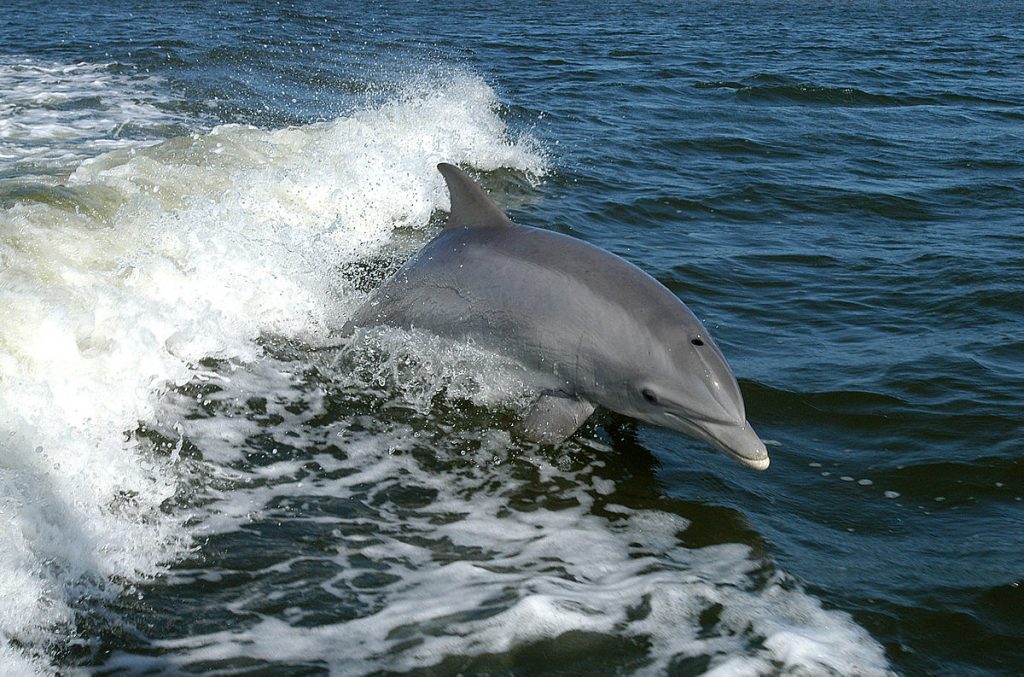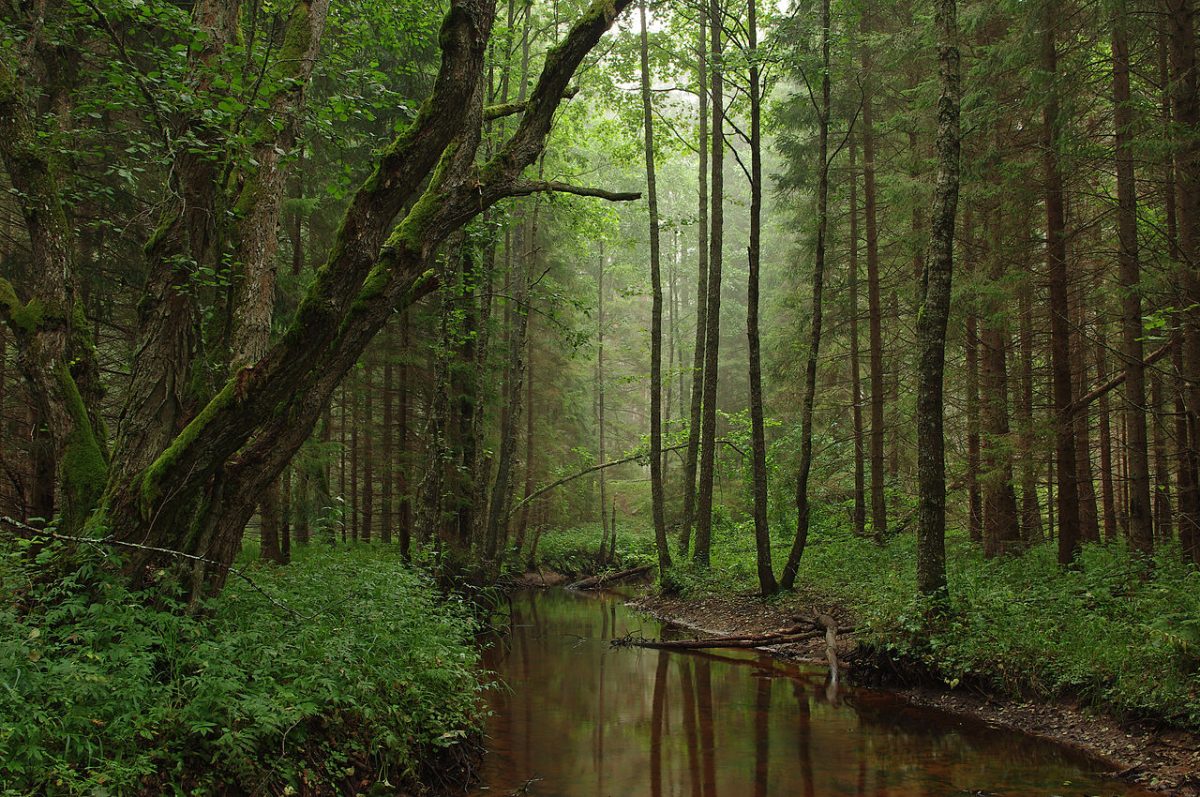Environmental group gets green light to challenge €500m gas terminal

October 4th, 2018
An environmental charity was granted leave this morning in the High Court to judicially review An Bord Pleanála’s decision to extend planning permission for a proposed €500 million gas terminal in Co Kerry.
Friends of the Irish Environment (FiE) argued that the decision to grant Shannon LNG an additional five years to build its liquid natural gas (LNG) terminal near Ballylongford did not take into account recent developments in climate law.
The project on the Shannon Estuary has stalled for the past decade since An Bord Pleanála (ABP) first granted planning permission for 10 years in March 2008.
Counsel for FiE, John Kenny, told Mr Justice David Barniville that ABP’s decision to further extend permission took no account of the Climate Action and Low Carbon Development Act signed into law in 2015.
This is despite the “obligation on An Bord Pleanála to have regard to this Act” in its decision-making process, Mr Kenny said. Any consideration of the Act was “simply absent” from its decision, he said.
This is despite the fact that the issue was raised to ABP in various submissions from concerned parties, which was noted in the three inspectors’ reports on the matter.
ABP, Mr Kenny argued, assumed that the state of the environment today is exactly the same as it was ten years ago and took no account of any changes and new information since then.
The Bill is intended to drive Ireland’s transition to a low carbon economy in line with its commitments under the Paris Agreement to limit global temperature rise to 1.5°C above pre-industrial levels.

Bottlenose Dolphin Photo: NASA
Bottlenose Dolphins
The proposed terminal is set to be located in a sensitive and protected area for various species and an important calving site for bottle-nosed dolphin in Ireland.
In its latest decision, ABP determined that the screening for appropriate assessment submitted with the original 2008 application was sufficient to show that there would be no “significant effects” on the area.
Mr Kenny argued, however, that this screening was “inadequate” and that ABP, in its latest decision, failed to take account of a 2012 National Parks and Wildlife Service survey on the area.
The NPWS survey, Mr Kenny said, shows that the jetty area identified for the proposed terminal is a “critical habitat” for the dolphins. The species is sensitive to noise generated by ships.
Justice Barniville said that he was satisfied with the grounds presented by Mr Kenny and gave directions for the case to be heard on 18 October 2018.
Ireland failing Paris targets
Speaking this morning, FiE Director Tony Lowes said that the charity took this challenge to ensure that Ireland meets its legal commitments to “drastically reduce carbon emissions”.
The decision to grant permission ten years ago made little sense then and “makes even less sense now” as the Government plans to turn Ireland into a low-carbon society by 2050, he said.
The process of exporting gas as LNG is an energy-intensive process of transporting, purifying, and cooling it into a liquid via a network of pipelines and export terminals.
“The pathways to a post-carbon world have been clearly laid out and they do not include locking Ireland into the use of fossil fuels for another generation,” Mr Lowes added.
He pointed to a special Intergovernmental Panel on Climate Change report set to be released next Monday that will show that the world is set to exceed the Paris Agreement’s 1.5C threshold. “Nowhere is this failure clearer than in Ireland,” Mr Lowes said.

Fracking Industry
Shannon LNG recently entered into an agreement to develop the project with New Fortress Energy, a US equity fund already involved in operating LNG terminals in Miami and Jamaica.
Opponents of the plan say that it runs contrary to Ireland`s decision to ban onshore fracking last year as the imported gas will most likely come from the US fracking industry.
Fracking is used to extract natural gas from land rich in shale rock. It involves the pumping of a high-pressure mix of water, chemicals and sand to create openings in the rock so that gas can seep out.
Safety Before LNG, a local campaign group against the development, said that the people of north Kerry own a debt of gratitude to FiE for its “common sense” decision to challenge the project.
“Everybody knows that shipped fracked gas from America is dirtier than coal and will have a disastrous effect on the climate,” the group said in a statement.
“The events in the High Court once again prove that it is the NGO sector in Ireland that is leading the way in common sense.”

Denis Naughten at Energy in Agriculture 2018 Photo: Niall Sargent
Flies in the face of climate commitments
Last month, People Before Profit’s Brid Smith challenged the Minister for Climate Action, Denis Naughten TD on the terminal, that, she said, appears to “fly in the face of the Minister’s commitment to tackle climate change”.
Ms Smith said that it was “extraordinary” that ABP decided to extend permission by five years without requesting an updated assessment of environmental and climate impacts.
“Compared with when that planning permission was first given, we now know more about the dangers of LNG, the way that fracking is conducted in North America and the damage the latter does to the environment and the planet,” she said.
Mr Naughten replied that the location, development and final investment decision for this private project is the “responsibility of the project promoters”.
The development of an LNG facility, he said, would “enhance Ireland’s security of gas supply” by increasing import route diversity.
In this regard, the project would be “compatible with the State’s commitment to tackling climate change” as a transitory fuel in the move to a low-carbon economy by 2050, Mr Naughten added.
‘Dirtiest fossil fuel imaginable’
Ms Smith, however, said that a priority to just supply energy is wrong, particularly as LNG is the “dirtiest fossil fuel imaginable” due to methane emissions from the gas extraction process.
“Why would we extend the licences and why would a Minister say that we must shore up our dependence on fossil fuels rather than move away from them?” she asked.
“If LNG terminals were to be built in Ireland, it would lock this country into a fossil-fuelled economy for a further 50 years.”
Speaking before an Oireachtas Committee earlier this summer, Gregg Muttitt of the think tank Oil Change International said that Ireland’s dependence on gas will ensure that we miss our Paris Agreement targets.
He said that the idea of using gas as a transitional fuel is “flawed” as it will slow down the transition to renewable power as gas competes with wind and solar in EU and global markets.
[x_author title=”About the Author”]







